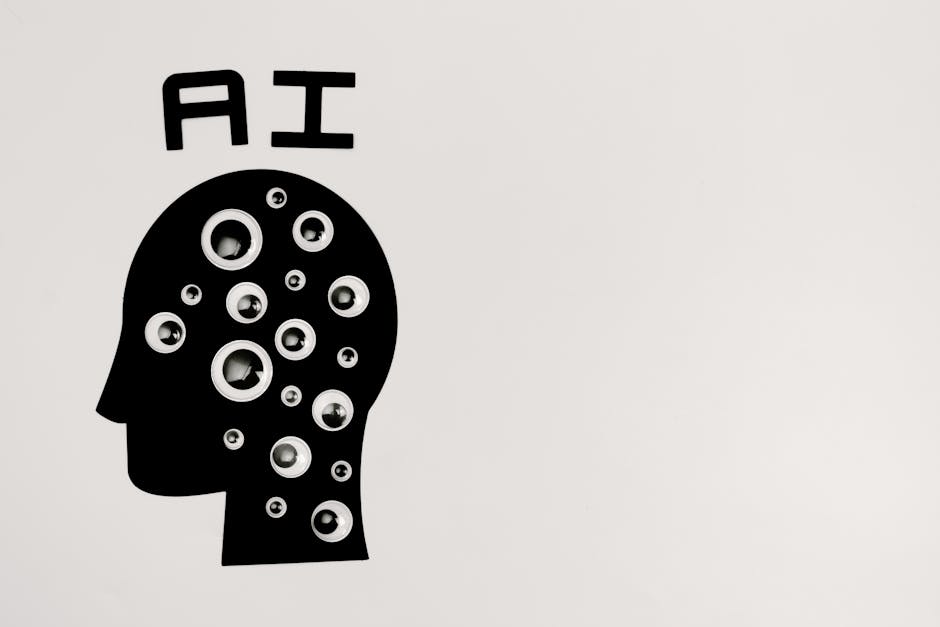Artificial intelligence (AI) rapidly reshapes our technological landscape, presenting unprecedented opportunities and profound ethical challenges. Its transformative potential across sectors like healthcare, finance, and transportation demands careful consideration of its societal impact. This article explores the key ethical implications arising from AI development and deployment, examining biases, accountability, job displacement, privacy concerns, and the potential for autonomous weapons systems.
A primary concern revolves around algorithmic bias. AI systems learn from data, and if this data reflects existing societal biases for instance, gender or racial prejudice the AI will perpetuate and potentially amplify these biases in its decisions. Loan applications, hiring processes, and even criminal justice risk assessments are vulnerable to biased algorithms, leading to unfair or discriminatory outcomes. Mitigating this requires careful data curation, algorithmic transparency, and rigorous testing for bias throughout the AI lifecycle. Furthermore, research into fairness-aware algorithms and techniques that explicitly address bias in data and model development is crucial. Simply relying on large datasets alone is insufficient; actively addressing pre-existing biases within those datasets is paramount.
Accountability presents another significant challenge. As AI systems become increasingly autonomous, determining responsibility for their actions becomes complex. If a self-driving car causes an accident, who is liable? The manufacturer, the software developer, the owner of the vehicle, or the AI itself? Establishing clear lines of accountability is vital to ensure redress for harms caused by AI systems. This necessitates a legal and regulatory framework that addresses liability in situations where the decision-making process is opaque or distributed across multiple actors. Furthermore, the development of explainable AI (XAI) systems that can provide clear explanations for their decisions is crucial to improve transparency and facilitate accountability.
The impact of AI on employment is a matter of considerable debate. While AI can automate tasks and boost productivity, it also poses the risk of significant job displacement across various sectors. The automation of routine tasks, particularly in manufacturing and customer service, may lead to widespread unemployment if not addressed proactively. Strategies for mitigating this impact include retraining and upskilling programs to equip workers with the skills needed for jobs in the AI-driven economy, as well as exploring policies like universal basic income to provide a safety net for those displaced by automation. Furthermore, focusing on human-AI collaboration, where humans and AI systems work together, rather than complete automation, can ensure a more equitable distribution of labor and prevent mass unemployment.
Privacy is a fundamental concern in the age of AI. AI systems often rely on vast amounts of personal data to function effectively, raising concerns about data security and misuse. Facial recognition technology, for instance, can track individuals’ movements and activities without their consent, potentially leading to surveillance and profiling. Protecting individual privacy requires strong data protection regulations, the implementation of privacy-preserving AI techniques, and increased user control over their data. The ethical use of AI mandates a balance between the benefits of AI and the protection of fundamental human rights. This balance needs to be carefully considered and implemented through policies that both foster innovation and protect individual liberties.
The development of lethal autonomous weapons systems (LAWS), often referred to as “killer robots,” raises profound ethical concerns. These weapons have the potential to make life-or-death decisions without human intervention, raising questions about accountability, the potential for unintended escalation, and the dehumanization of warfare. An international agreement banning or regulating LAWS is essential to prevent an AI arms race and mitigate the devastating humanitarian consequences. The potential for these systems to be used in unpredictable and potentially disastrous ways demands careful consideration and international cooperation to prevent their widespread adoption. The debate surrounding LAWS highlights the urgent need for ethical guidelines and international collaboration to ensure the responsible development and use of AI in the military domain.
Beyond these specific challenges, broader ethical questions arise concerning the very nature of AI and its impact on humanity. As AI systems become more sophisticated, questions about their potential sentience, their rights, and their moral status will need to be addressed. The development of AI should not only focus on technical capabilities but also on its societal impact and its alignment with human values. This requires a multidisciplinary approach, involving ethicists, policymakers, technologists, and the public, to ensure that AI is developed and used in a way that benefits humanity as a whole. Ethical frameworks that guide the design and development of AI, and that incorporate principles like fairness, transparency, accountability, and human well-being, are crucial for navigating the complex ethical landscape of AI.
In conclusion, the ethical implications of AI are multifaceted and require a comprehensive and nuanced approach. Addressing algorithmic bias, ensuring accountability, mitigating job displacement, protecting privacy, and preventing the development of autonomous weapons are crucial steps in fostering the responsible development and deployment of AI. A collaborative effort involving researchers, policymakers, industry leaders, and the public is essential to navigate these complex ethical challenges and ensure that AI benefits humanity while upholding fundamental human rights and values. The future of AI depends on our collective ability to address these ethical considerations proactively and thoughtfully.
